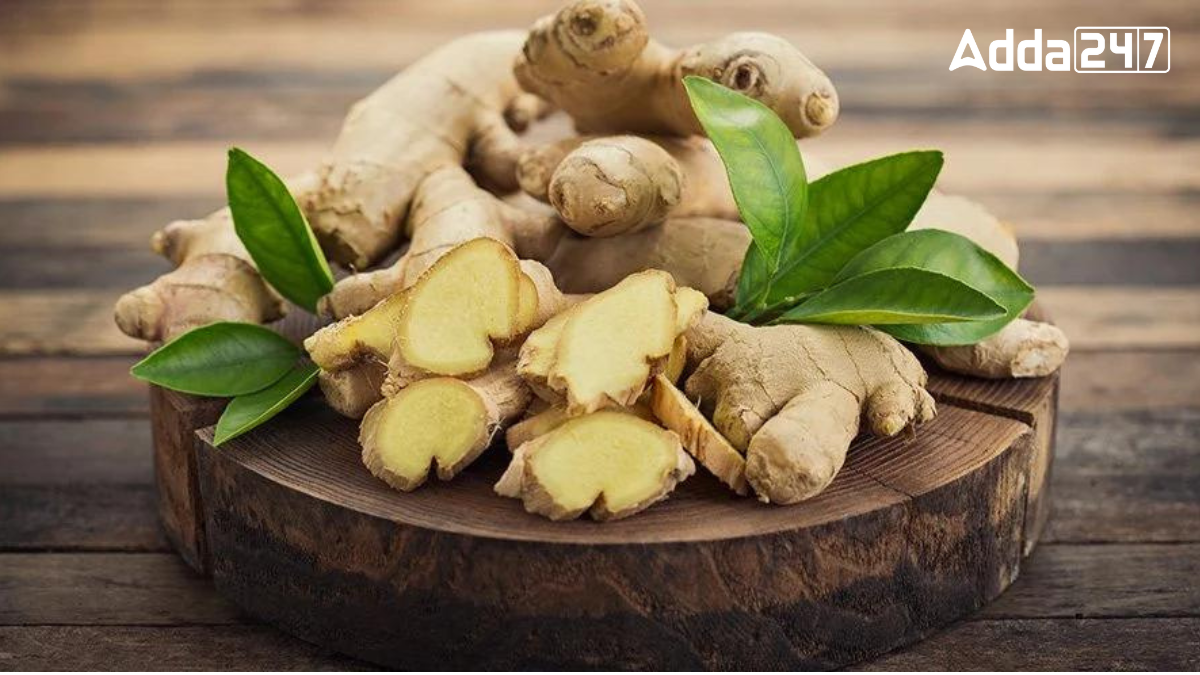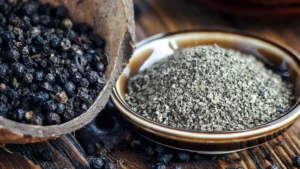India, known for its diverse agricultural landscape, boasts numerous states contributing significantly to the country’s agricultural output. Among these, Madhya Pradesh stands out as the largest producer of ginger, a spice revered for its culinary and medicinal properties.
Ginger Production in India
In fiscal year 2023, ginger production in India soared to an estimated 2.43 million metric tons, marking a sharp increase from 760 thousand metric tons in 2015. The country’s total spice production, encompassing various spices, exceeded 10.8 million metric tons in 2022. These figures underscore India’s growing role as a major producer of ginger and spices, reflecting robust agricultural output and market demand within the South Asian region.
Largest Ginger Producing State in India
Madhya Pradesh stands out as India’s top producer of ginger, yielding an impressive 692,110 tonnes. This ginger serves both local and international markets, available in fresh and dried forms. Despite price fluctuations, Madhya Pradesh has managed to increase its output, thanks to the fertile soils in the region contributing significantly to its success. While some areas have seen declines in production compared to previous years, Madhya Pradesh maintains a high overall production level for ginger.
Importance of Ginger Cultivation
Ginger (Zingiber officinale) holds a prominent place in Indian cuisine and traditional medicine. Its aromatic rhizome is used fresh, dried, or powdered in cooking to add flavor and aroma to dishes. Additionally, ginger is valued for its medicinal properties, known for its anti-inflammatory, digestive, and antioxidant effects.
Factors Favoring Ginger Production in Madhya Pradesh
- Climate: Madhya Pradesh’s climate is conducive to ginger cultivation, with the state experiencing a tropical monsoon climate. Adequate rainfall during the monsoon season and moderate temperatures throughout the year create ideal conditions for ginger growth.
- Soil Quality: The state’s diverse soil types, ranging from alluvial to black and red soils, provide suitable environments for ginger cultivation. Well-drained loamy soils with good organic content are particularly favorable.
- Farming Practices: Farmers in Madhya Pradesh employ modern agricultural practices alongside traditional wisdom, ensuring optimal yield and quality of ginger. Techniques such as intercropping and crop rotation are commonly practiced to enhance soil fertility and prevent pests and diseases.
Production and Market Influence
Madhya Pradesh’s dominance in ginger production significantly influences the national market. The state’s consistent yield and high-quality ginger supply contribute to stabilizing prices and meeting the demands of domestic and international markets. This ensures a steady income for farmers and sustains the local economy.
Challenges and Future Prospects
While Madhya Pradesh leads in ginger production, challenges such as fluctuating market prices, climate change, and pest infestations persist. However, with advancements in agricultural technology and government support for farmers, the state continues to expand its ginger cultivation.




 Which District is known as the Medical C...
Which District is known as the Medical C...
 Which was the First Women's University i...
Which was the First Women's University i...
 Which Island is known as the Island of P...
Which Island is known as the Island of P...








